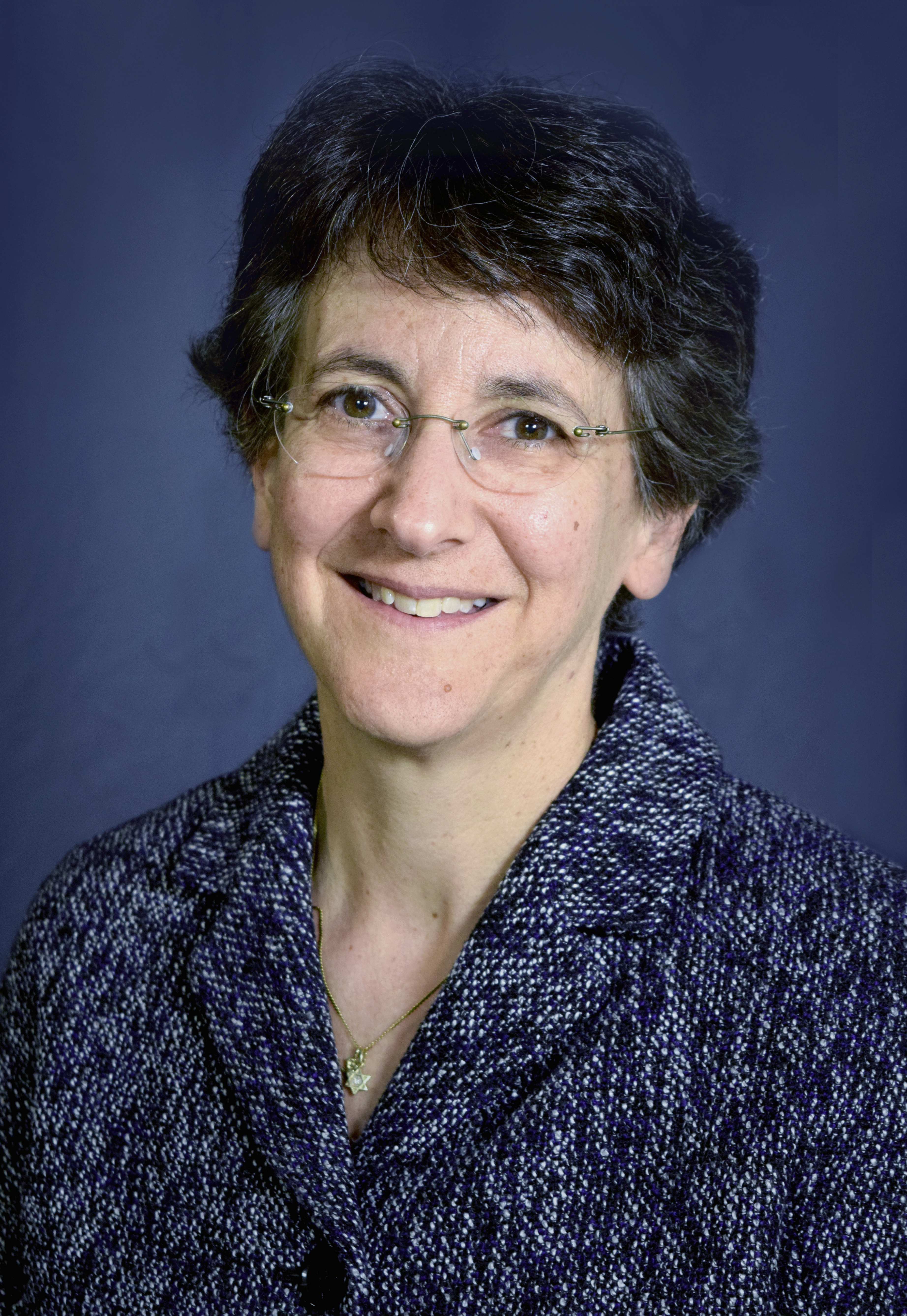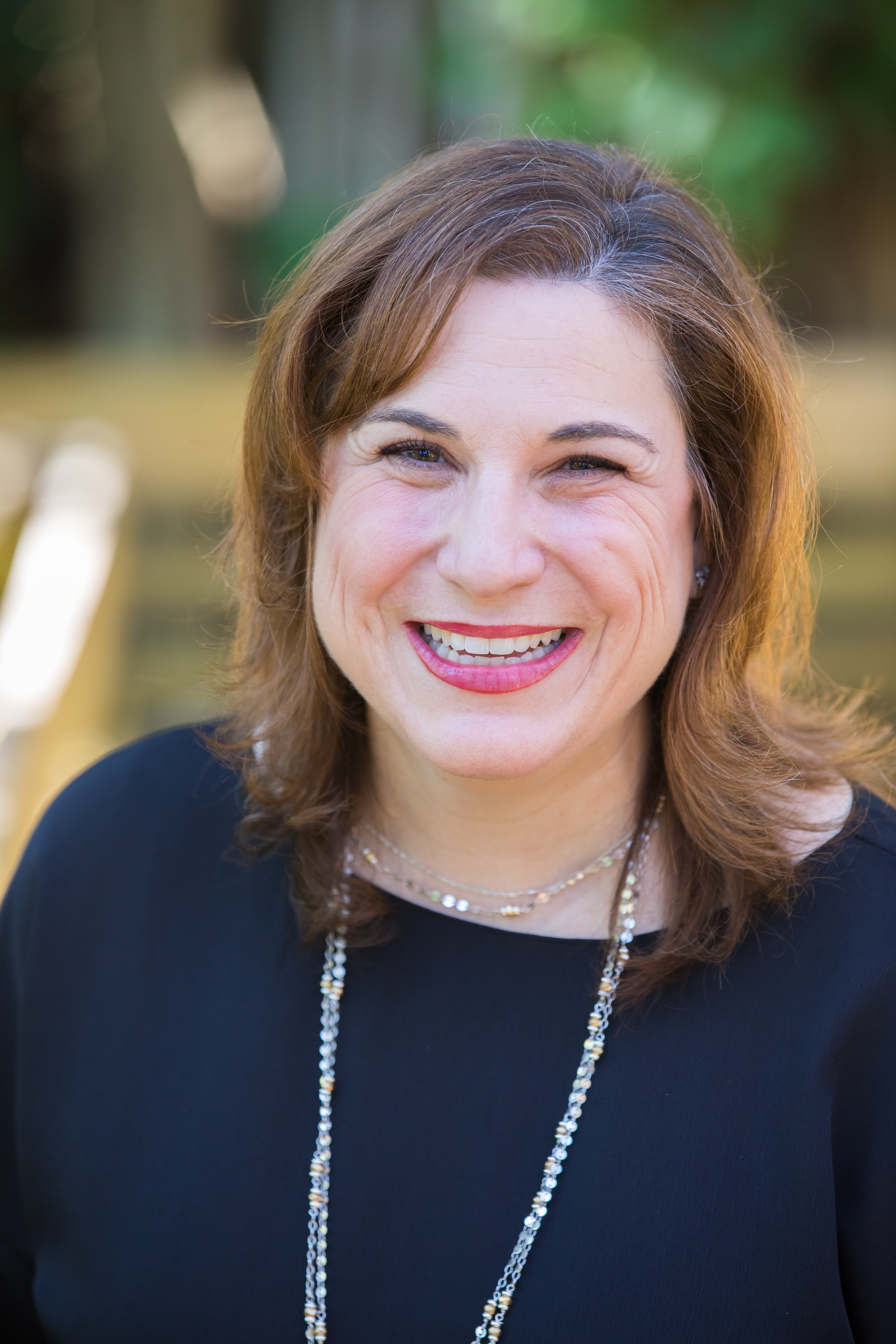
The topic of congregational governance is one that keeps congregational leaders up at night. It is consistently one of the top categories of questions asked of the URJ Knowledge Network team, and it’s one of the most popular topics in The Tent.
Leaders recognize its critical value: When faced with unhealthy governance systems, congregational leaders often have to put all their energy into repairing what is broken, and as a result, the congregation’s mission and purpose go unattended-to. In contrast, when a congregation is effectively governed and led by a healthy system that includes a board, clergy, and staff, as well as working groups and task forces led by strong leaders, it will be more successful in achieving its mission.
In essence, good governance is the engine that makes everything else work.
At the URJ, we recognized the need to help you set the direction for the adaptive changes needed to govern your 21st-century congregation. As a result, we recently developed a set of new resources and learning opportunities for leaders who want to change the way they govern their congregations.
Among other things, we published a collection of written documents and piloted an online course on the four best principles of governance for teams of congregational leaders. The impact of the course we piloted has been strong. As one participant wrote,
“You and your colleagues have challenged my biases and made this online learning process informative, accessible and an opportunity to work in community with my peers across the country.”
On April 1, we will launch the first official cohort of the URJ Congregational Governance Course. The key issues we’ll cover in this course address some of the top topics of questions we’ve been receiving from you, including board size, bylaws, role of board, mission statements, leadership culture, and leadership development. Teams of congregational leaders can sign up for this course now through March 25.
Participation in this course is also a pre-requisite to apply for the URJ Congregational Governance Community of Practice, launching on August 12, which is geared toward those ready to make change in their congregation.
In preparation for the launch of this course, we reflected on the feedback from the participants in our pilot. Here are the concepts from the course that have impacted participants the most:
1. Sacred Partnership
Sacred partnership is defined as “a commitment to building and nurturing relationships that elevate the work of leadership to a level of holiness. Sacred partnerships recognize each of us as individuals and our desire to inspire sacred action in our communities.”
One of the major impacts of this concept was that it provided leaders with helpful language to name their experience, acknowledging the uniqueness of being a volunteer in a congregation as compared to other organizations. Thinking of their experience through the lens of sacred work with their partners, both lay and professional, has inspired participants of the pilot to approach challenges with greater intention and reflection.
In addition, participants found it eye-opening to discuss the possibility of having transparent and open conversations with all partners around how the partnership will work best for all parties.
2. Mindset of Abundance
Innovation expert Christopher Hawker writes:
“Abundance-based leaders… are visionary and focus on what they want to do, regardless of whether it’s currently possible… [They] take inventory of [their] current resources and connect the dots.”
Learning about the mindset of abundance was like presenting a mirror to participants: They admitted that they are often so focused on the scarcity of financial assets that they don’t think about the abundance of other resources that exist in their community.
By breaking out of the limits scarcity thinking imposed, many of them were able to free up the mental space for more open and generative thinking about their congregation’s mission and vision at the board level. This, they told us, may even impact the financial side, as new ideas could generate new engagement and new investors.
3. “Learning by Doing” as the Key to Leadership Development
According to the Center for Creative Leadership, one of the preeminent leadership development and training organizations in the United States, leadership development has the greatest impact when it consists of the following: 10 percent coursework and skills training, 20 percent development of relationships, and 70 percent challenge assignments (which we might translate as actually doing the work of leading).
Our pilot participants wondered: How does that translate into congregational leadership development?
Often, our leadership development takes the form of classroom participation and reading articles. We raised the question: What if our leadership development was more experiential? What if we introduced apprenticeship models wherein a person interested in an area of congregational life “learned by doing” alongside role models and mentors?
Our pilot participants also discussed the focus of congregational leadership development: It should not be exclusively about finding new board members, but also about developing the inherent talent amongst congregants to serve the synagogue’s ultimate purpose.
As a result of their experience, many participants in the course reflected on the need to strengthen the governance practices in their communities. One participant shared:
“Because of this course, I feel a greater responsibility in my role on the board. I also feel empowered to bring ideas to our leadership about what we can do better and how we can better serve.”
To learn about these concepts and others, sign up for the URJ Congregational Governance Course by March 25. For more information, register for our informational webinar, taking place on March 13, 2019, at 8pm ET.
Related Posts

Leadership Boot Camp: A Clean Page, Infinite Possibilities

9 Programs Empowering Jewish Teen Leaders


